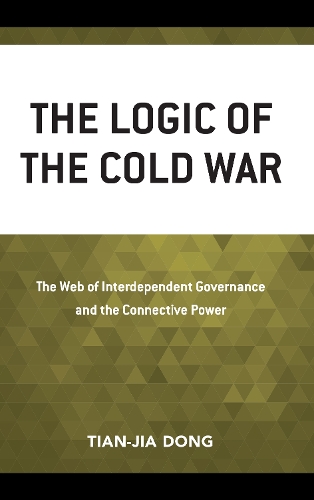
The Logic of the Cold War: The Web of Interdependent Governance and the Connective Power
(Hardback)
Publishing Details
The Logic of the Cold War: The Web of Interdependent Governance and the Connective Power
By (Author) Tian-jia Dong
Bloomsbury Publishing PLC
Lexington Books
24th August 2018
United States
Classifications
Professional and Scholarly
Non Fiction
Political science and theory
Diplomacy
Sociology
327.09045
Physical Properties
Hardback
206
Width 160mm, Height 236mm, Spine 21mm
481g
Description
The Cold War revealed, for the first time in human history, the logic of human togetherness, which indicated that it was not only necessary for nation-states to live together but also possible for them to do so. The necessity was because of the inescapably shared vulnerability of mutually assured destruction, not only in terms of security but more so in economic well-being and political stability. The possibility was due to the unipolar world structure sustained by the global governance web of interdependent partnership which worked powerfully between the power agents to ensure the best of all possible world. This latent governance system was both hierarchical and dynamic because its power was connective in the sense that power was rooted in one another and the ability to be interdependent by empowering other power agents and sharing vulnerability at the same time was the way of becoming the nucleus on the global web of interdependent partners and hence gaining power in transforming one another connectively and governing the world collectively. George Kennans patience in building up hard and soft powers within individual power agents of the web and Wilson/Roosevelts institutionalization of collective power above each power agents contributed to the construction of the system. The Soviet big-brotherly governing type was proven a failure.
Author Bio
Tian-jia Dong is professor of sociology at Westfield State University.
